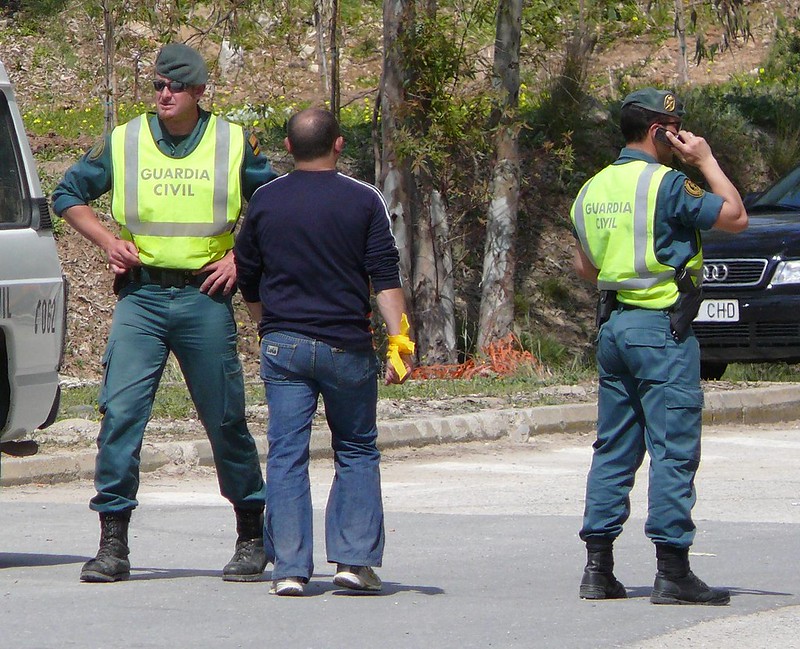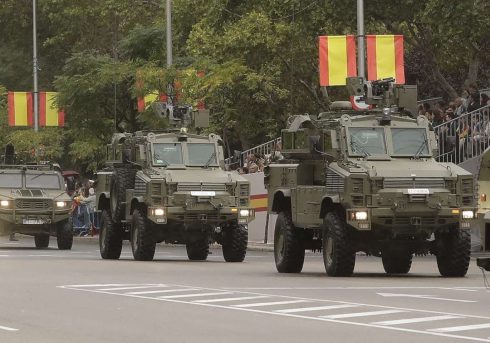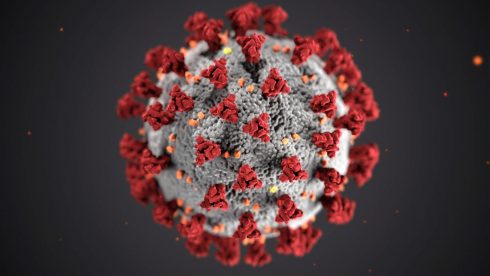THE State Security Forces; Military, Guardia Civil and Police may sanction those who do not comply with the restrictions set by the Government in application of the state of alarm decreed to deal with the coronavirus pandemic.
The sanctioning regime includes ‘non-compliance or resistance to the orders of the competent authorities in the state of alarm, which will be sanctioned in accordance with the law, under the terms established in Article 10 of Organic Law 4/1981, of June 1’.
Infractions of this law are classified as very serious, serious and minor, with fines ranging between €1,500 for minor violations and up to €600,000 for the most serious and even prison sentences.
Law enforcement bodies follow a guideline to ensure compliance with the State of Alarm.
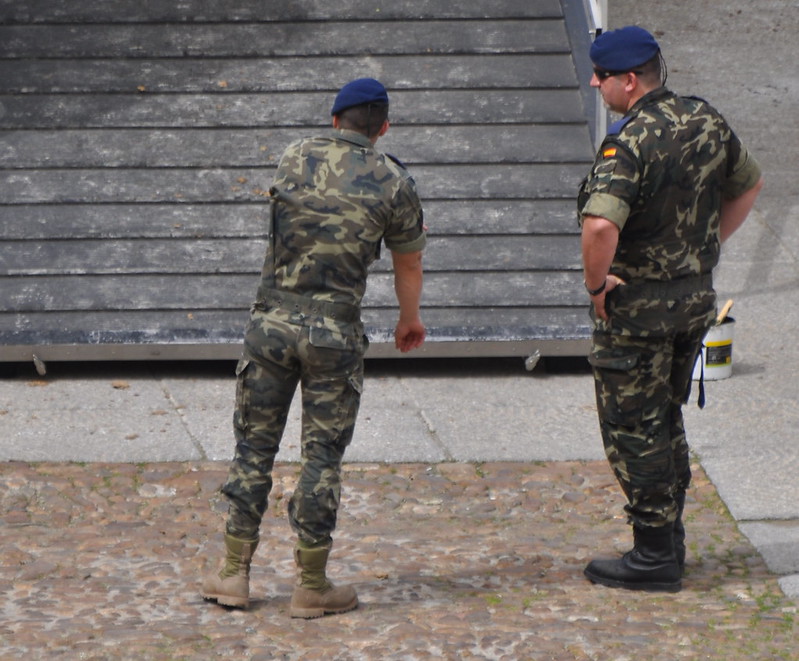
The guideline is as follows:
- Pedestrian:
Mobility is limited to the following activities: buying food, going to the pharmacy or bank. Travelling between workplace and place of residence. Taking care of children, the elderly and other especially vulnerable people. These activities are to be done alone, except when accompanying people with disabilities or for another justified reason.
Law enforcement bodies may request documentation and proof for such presence on public roads, such as supermarket tickets, prescriptions, etc. In addition, pedestrians may be asked for their identification and sanctioned for repetitive, invalid and dishonest behaviour.
- Vehicles:
Vehicles cannot be shared, except for justified reasons. In this case the passenger must sit at the rear of the car and both occupants of the vehicle must wear a mask.
- Work vehicles:
In this case, there is no limit to the number of people that can occupy the vehicle. Everyone must wear a mask under the responsibility of the employer.
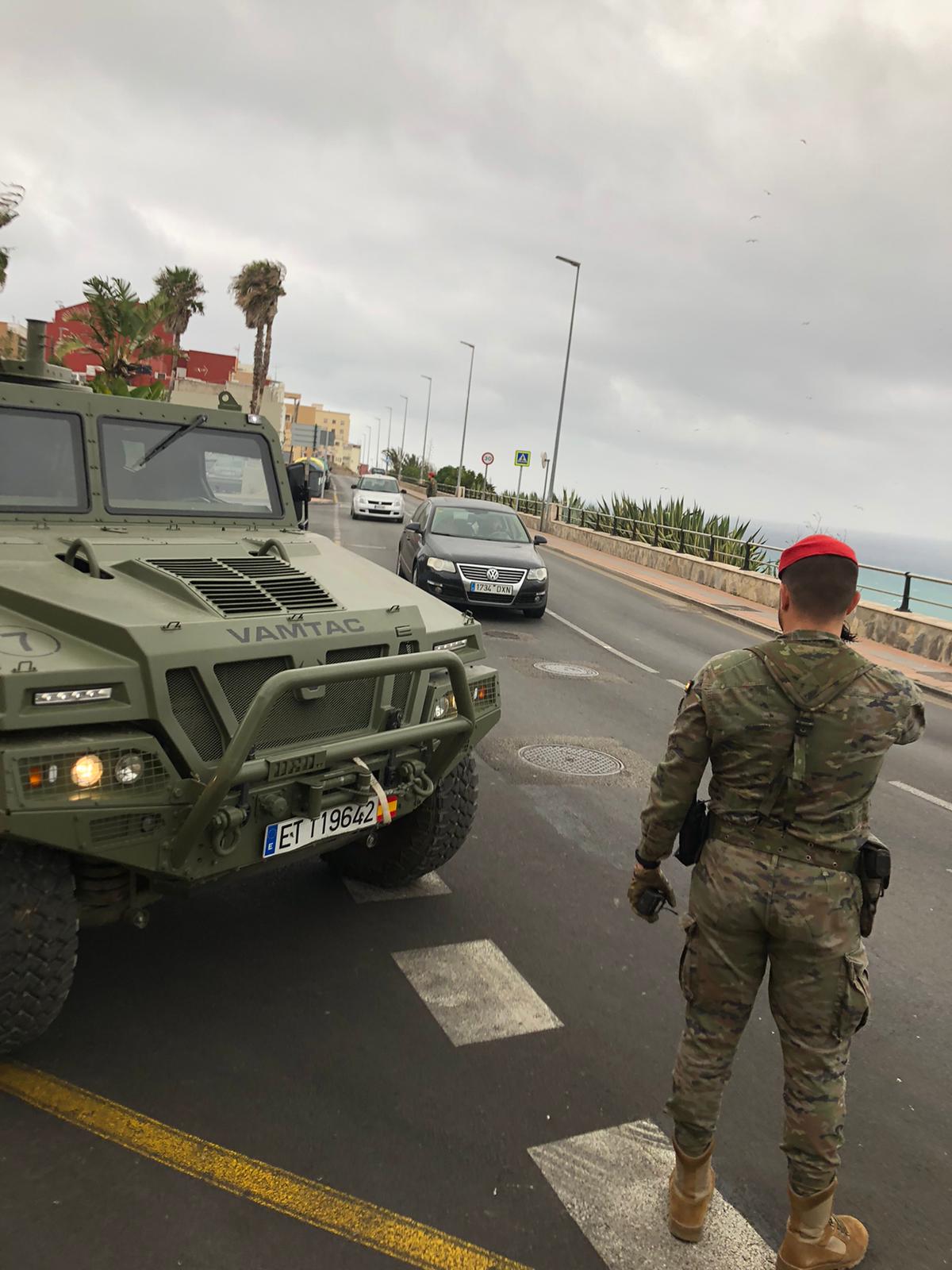
- Second home:
Movement between homes is not permitted. If already in the second home, this property will be considered the habitual one and the same restrictions are applied.
- Joint custody and visiting rights:
Authorised, travel of minors to visit / stay with the other parent. Always following the health security measures.
- Agriculture and Livestock:
The movement of people to take care of land, livestock, greenhouses, extensive production fields, etc. is permitted.
- Self-employed:
Movement for work purposes is permitted (plumbers, courier service, electricians, builders, salesmen, etc.) Always following the health security measures.
- Automotive repair shops:
They may be open to the public, following the health security measures, but they will only be able to make repairs. The sale of parts, vehicles, accessories, etc. is prohibited during the state of emergency.
- Fast food:
Pizzerias, hamburger joints, etc., must be closed to the public, and only home delivery is accepted.
- Petrol Station and service areas:
They may remain open to the public, however the shops must be closed, as well as the cafeteria and bathroom, except for the use of lorry drivers, bus drivers, ambulances, etc.
- Multi-price shops, hardware stores and bazaar:
Closed. Only those with an opening license to sell authorised items such as food, beverages, telephones, toiletries, tobacco, animal food, or stationery can open and only sell those items. Employees and customers must maintain security measures, such as keeping their distance in queues.
- Construction:
Authorised. Builders must follow health safety measures.
- Phytosanitary and building material:
The sale to professionals such as freelancers and wholesalers is authorised. However, sales to the public is prohibited.
- Catering:
Business in this sector must be closed. However, home delivery is permitted under the same conditions as fast food businesses.
- Open establishments:
Supermarkets, food shops, pharmacies, medical centres, opticians, orthopaedic centres, hygiene and cleaning product shops, press and stationery shops, tobacconists, telephone shops, pet shops for food only, dry cleaners and laundries may be open. Health security measures must be followed at all times.
Click here to read more Coronavirus News from The Olive Press.

